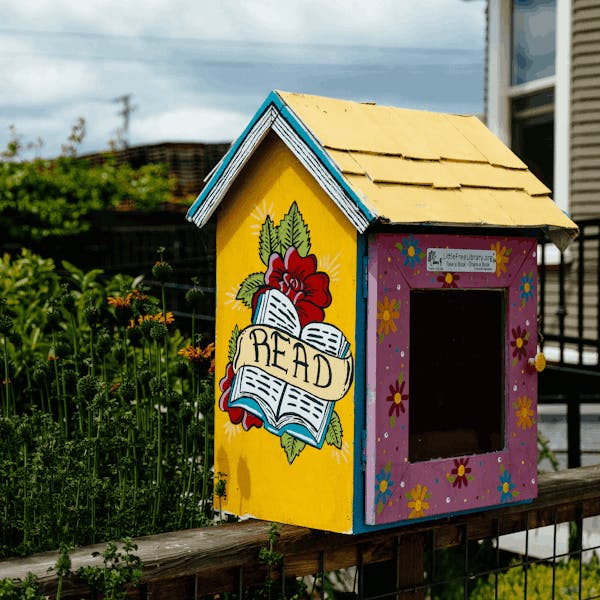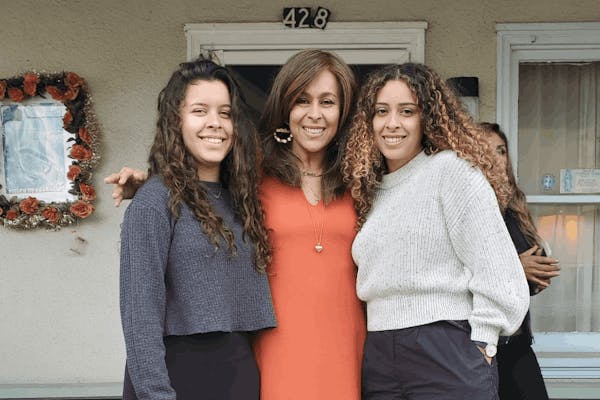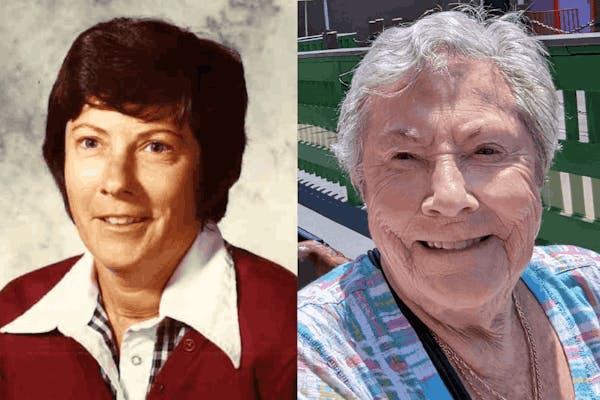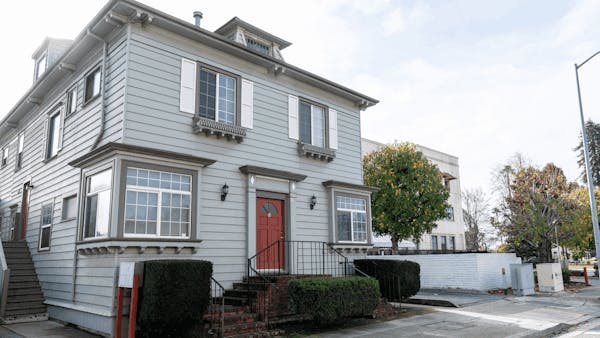
Grantee Spotlight
A Safe Place to Study
Alejandra* is a health sciences major at Cabrillo College and doing well in her classes. In fact, she just upped the number of units she’s taking each semester. She’s contemplating transferring to a 4-year university, but more likely, she’ll do the radiology program so that she can have a clear path to a career and financial stability. And, she’s living in an apartment with three other women—all Cabrillo students.
Overall, Ale feels good, which is fantastic because a few months ago, she was beyond stressed about how to make ends meet in addition to finding a safe place to sleep every night. She’s bonding with her roommate and feels supported through therapy sessions and time with her educational coach. All this is thanks to a new pilot partnership between Cabrillo College and Pajaro Valley Shelter Services (PVSS), where four female students (including Ale) who were experiencing homelessness have a new path to housing security while they pursue their dreams of higher education.
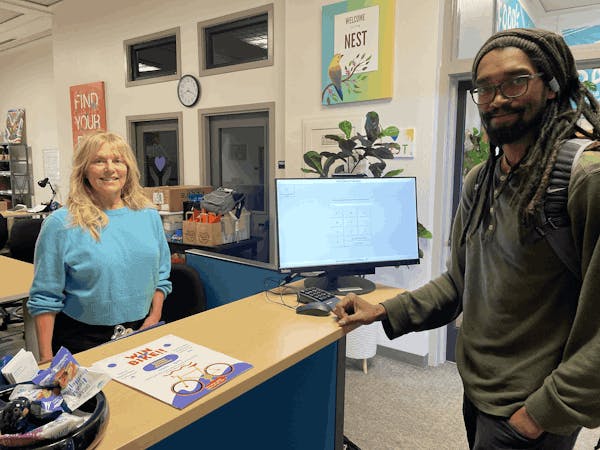
Trust Comes First
Ale first met Monica Mendenhall, Cabrillo’s Retention and Basic Needs Coordinator last school year when she would visit the NEST center (Nourishment Essential Support Team) to pick up items from the food pantry. The NEST also offers free hygiene and menstrual products, coffee, tea, snacks, wrap-around social services, and emergency financial support for students experiencing food insecurity and homelessness.
Most students using NEST services are self-referred and Monica says many don’t actually interact with NEST staff but take advantage of the services anonymously. Monica’s goal is to provide a friendly, warm welcome and a safe spot to grab a coffee, some groceries, or a cup of tea. “It’s about patience and trust building—providing kindness, but without pressure for them to talk. There can be a lot of shame and fear associated with experiencing homelessness,” she explains. Eventually, Ale and a few other students Monica was supporting opened up more about their situations, and Monica connected with Mike Johnson, Executive Director of PVSS to share her concerns about the need for student housing solutions.
According to a California State Assembly report, about 5% of University of California students, 10% of California State University students and 20% of California community college students have reported being homeless or housing insecure at some point in their education. A recent survey showed over 22% of Cabrillo College students self-identified as unhoused/homeless.
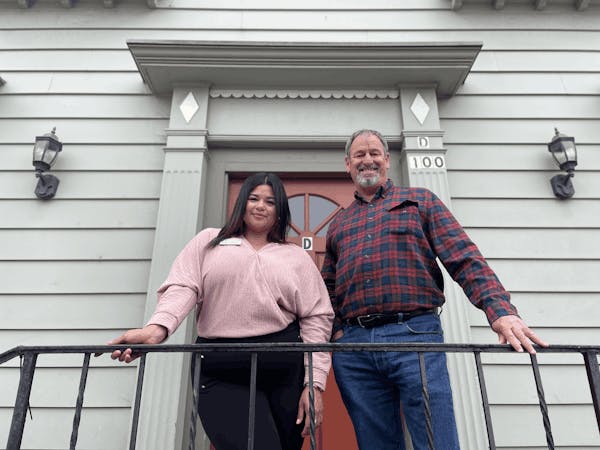
Launching Solutions
Since 1983, PVSS has provided families with a path to stable, self-sufficient futures through short- and longer-term housing and supportive services. But Mike explains that while the PVSS mission has always included serving vulnerable single females, recent demand among that group has increased significantly.
At the time Mike was learning about the challenges unhoused students were facing, PVSS was looking for ways to expand training and education support for their program participants to help families and single females to gain upward mobility and housing stability. “Partnering with Cabrillo to streamline access to education was like a perfect fit!” Mike says. “We had a four-bedroom apartment become available at that time, which made launching this pilot program possible.”
Finding secure housing has made an enormous difference for Ale and her fellow program participants, most of whom were relying on friends and sleeping on sofas—each day having to find a place for the night and rotating through their network to not “wear out their welcome.”
One participant lost her housing because the parents divorced, each parent went on to rent a room and she couldn’t come with either of them; another became homeless when her single mother was arrested and there was no one left to take care of her or her siblings. When the rent ran out, they were evicted and are now spread out in different living situations.
Teaching Financial Literacy
Addy Rodriguez, Senior Case Manager, says that as part of the program, participants pay 30% of their income for a single room and 20% for a double. “This helps them learn how to balance work and school. We’re also teaching them financial literacy skills including how to open a bank account, how to balance a checkbook, the reasons why NOT to apply for a high limit/high interest credit card! None of this gets taught in high school!”
Program participants can stay in the apartment for up to two years, Addy says, depending on their educational plan. “The idea is not to turn over the rooms quickly; it’s to focus on education, graduating from Cabrillo and either transferring or getting into stable employment.”
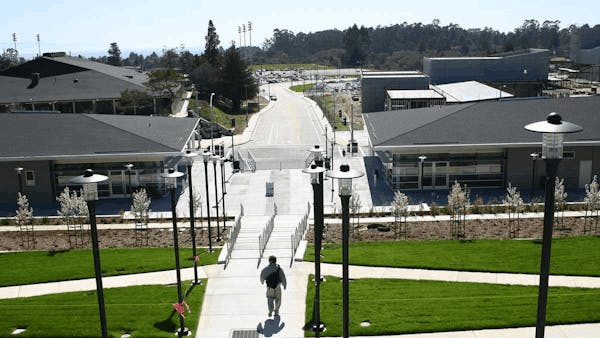
A Lot Going Right
PVSS launched the pilot using funds they’d raised, in part from an unrestricted $30,000 grant from the Community Foundation’s Greatest Needs Fund earlier this year. Recently, we shared information about this pilot program with a donor who wanted to support housing initiatives. They loved the chance to learn about the program and ended up giving PVSS $5,000 through their Donor-Advised Fund which was the first committed funding for the program. “We are so grateful for this first committed funding. As the word spreads about this important partnership with Cabrillo, we’re hoping to run this pilot for a couple of years to see what impact it has on student retention and graduation rates as well as helping students build their savings and gain steady employment.”
Monica adds, “We’re focused on this being a strengths-based program. It’s about what’s going right, not what’s going wrong.” Right now, Monica sees a lot going right, including program participants building confidence and doubling, sometimes tripling their course loads because they have the time, space, and security to study. “Being in the program is enabling them to not just persist, but to thrive.”
Ale says, “Education is something no one can ever take away from me. It will stay with me forever. Plus,” she adds with a smile, “I also love that I can see the ocean from the Aptos campus. It’s beautiful.”
*Alejandra is a pseudonym out of respect for program participants’ desire for anonymity. Interviews with participants were combined into Alejandra’s story.
The Greatest Needs Fund helps nonprofits develop solutions to our county's biggest problems.
Learn more & give today